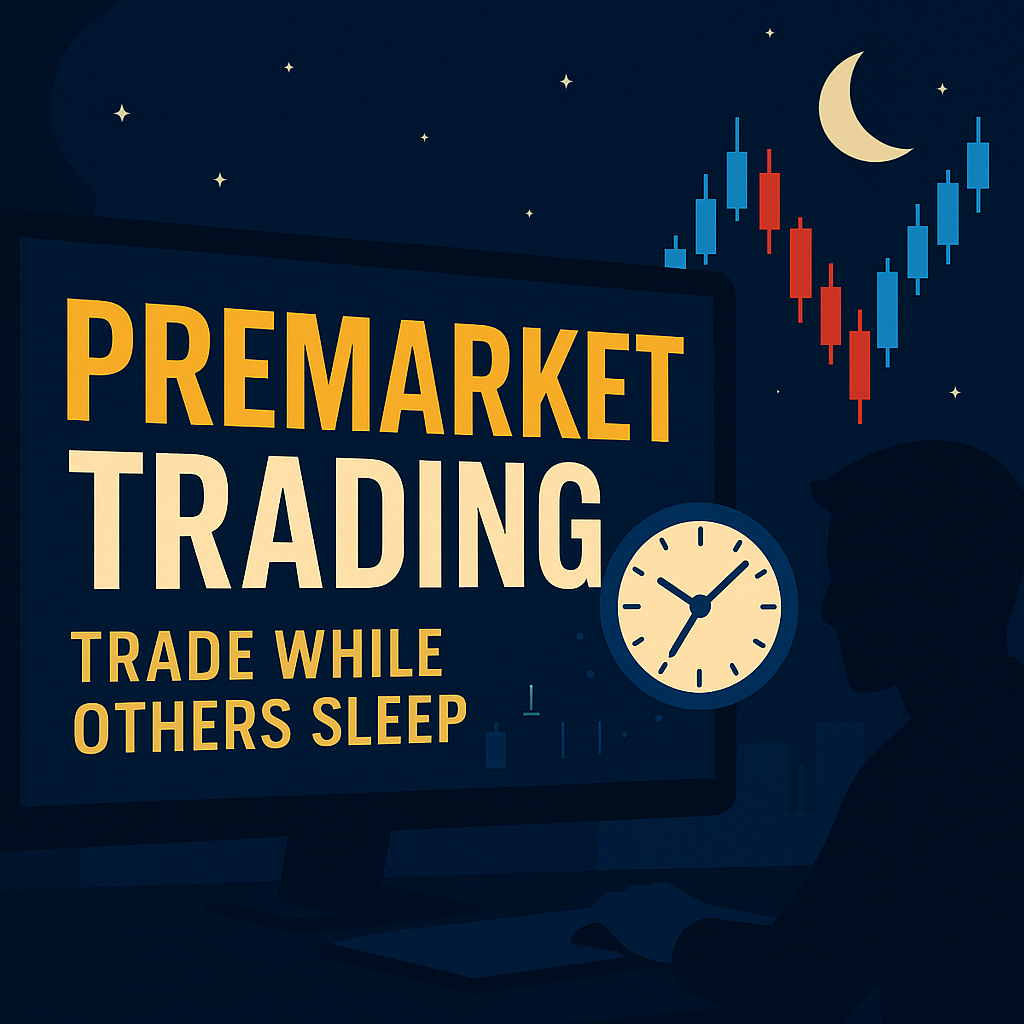In today’s highly competitive market, access to information isn’t enough — timing is everything. That’s why more and more retail traders are exploring premarket and 24-hour trading opportunities to stay ahead of the curve. But what exactly are these trading windows, and how can everyday investors take advantage of them?
🔹 What Is Premarket Trading?
Premarket trading refers to stock trading that occurs before the regular market opens — typically between 4:00 AM and 9:30 AM ET on U.S. exchanges. This session allows traders to react to overnight news, earnings reports, or macroeconomic data before the general public.
Why it matters:
Premarket movements often set the tone for the day. If a stock surges or crashes in this session, it can influence the opening price and attract momentum traders.
🔸 What About After-Hours and 24-Hour Trading?
After-hours trading takes place after the market closes — usually between 4:00 PM and 8:00 PM ET. Some brokers and platforms (like Webull and Moomoo) now offer near 24-hour trading for certain U.S. equities like Tesla (TSLA), allowing traders to buy and sell well beyond traditional hours.
Use cases:
- Responding to breaking news in Asia or Europe
- Trading around earnings reports released after the bell
- Managing positions outside of work hours
⚠️ Key Risks for Retail Traders
While extended hours can be tempting, they come with unique challenges:
- Lower liquidity: Fewer participants can mean wider spreads and more volatility.
- Less transparency: Pre- and after-hours trades may not reflect broader market sentiment.
- Slippage: Executing at a favorable price becomes harder when volume is thin.
✅ Platforms That Offer Extended Trading
| Broker | Premarket | After-Hours | 24-Hour Access (Selected Stocks) |
|---|---|---|---|
| Webull | Yes | Yes | Yes (e.g., TSLA) |
| Moomoo | Yes | Yes | Yes |
| TD Ameritrade | Yes | Yes | No |
| Robinhood | Limited | Limited | No |
🧠 Final Thoughts
24-hour trading is no longer reserved for professionals.
Retail traders now have tools and access like never before — but that also means greater responsibility.
Before jumping in:
- Know your broker’s extended hours policy
- Use limit orders instead of market orders
- Avoid chasing news-driven moves blindly
Trade smarter, not just earlier.
🔗 Stay updated with market strategies and smart trading tips at StockForecastAdvisor.com







